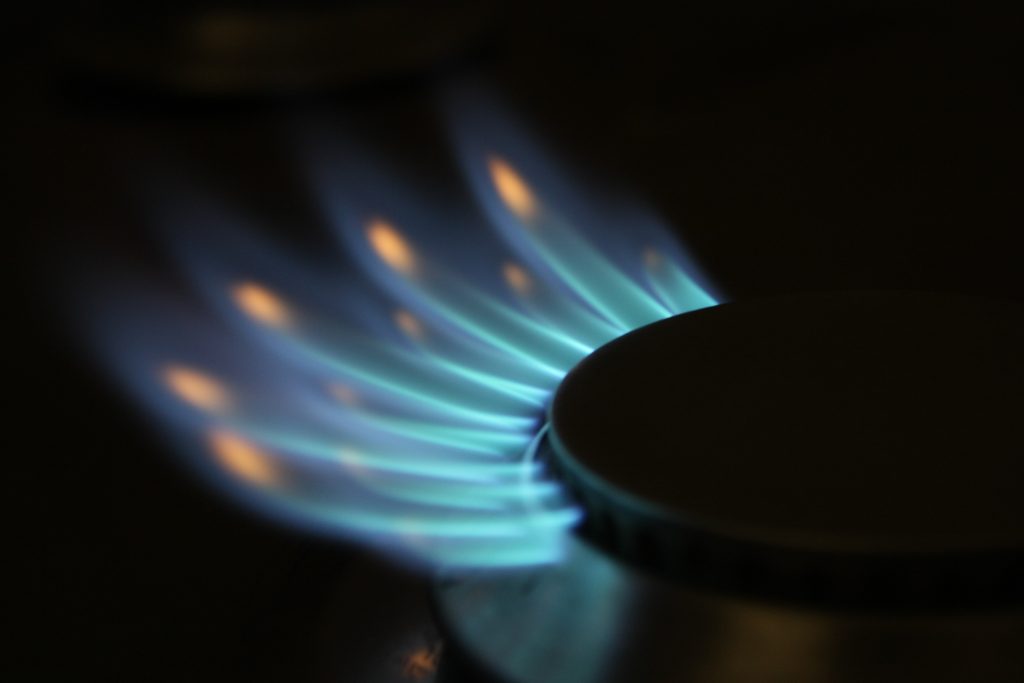The natural gas used in homes is mostly methane, which burns well and is quite efficient for heating. Before it comes to your home, it’s processed to remove impurities and other gases. Sometimes, companies also add a unique smell to the natural gas so people can notice if there’s a gas leak, as natural gas doesn’t have any scent on its own.

Yes, gas appliances can be damaged by power surges, although they are primarily designed to operate on gas rather than electricity. Power surges can affect gas appliances in several ways. First, many gas appliances have electronic components like control panels, igniters, and thermostats that rely on electricity to function. A sudden surge in electrical voltage can overwhelm and damage these sensitive components, rendering the appliance non-functional. Second, power surges can disrupt the proper functioning of safety features in gas appliances, which are designed to shut off the gas supply in case of malfunctions or unsafe conditions. A surge can interfere with these safety mechanisms, potentially leading to safety risks. To protect gas appliances from power surges, it’s advisable to use surge protectors or uninterruptible power supplies (UPS) for appliances with electronic components. Additionally, consider whole-house surge protection to safeguard your entire electrical system, including the circuits that power gas appliances.
Yes, there are several ways to conserve natural gas and reduce energy bills. Tips may include adjusting thermostat settings, insulating your home, using energy-efficient appliances, and performing regular maintenance on gas equipment.
Simply examine the figures on the gas meter’s face to read them and write them down. When recording the digits, make sure to include the decimal point. You can still read an older design meter in much the same way, although you must use dials instead of numbers.
Usually, when we think of natural gas, we think of the kind that comes from underground and is not renewable. However, a type of natural gas called “biogas” can be renewable. Biogas is made from organic materials like plant waste or animal manure. When these materials break down, they produce gas that can be captured and used just like natural gas. This makes biogas a renewable resource because we can keep making more of it if we have organic materials.
Signing up for natural gas with Peace Power is easy! Go to our website Peacepower.ca and click on the “sign up” button. Follow the prompts and you will be all set up in no time.
Natural gas stoves, like any appliance that uses gas, need to be used carefully. If they are not maintained well or if they are used incorrectly, they can be dangerous. The main risks are gas leaks and carbon monoxide poisoning. Gas leaks can happen if the stove or the gas lines are damaged or not connected properly. Carbon monoxide is a gas that you can’t see or smell, but it can be harmful if there’s a lot of it in the air. This can happen if the stove is not burning the gas completely. To stay safe, it’s important to have good ventilation in the kitchen, regularly check the stove and gas lines, and have a carbon monoxide detector in your home.
Links